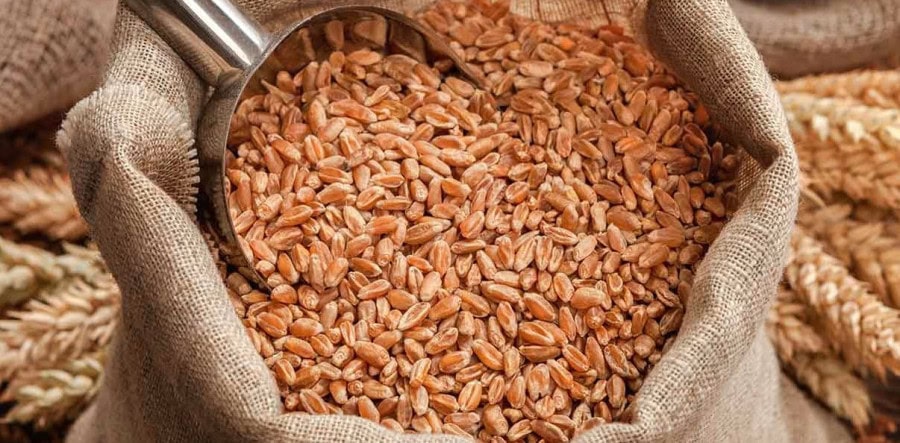The wheat reserves of the country by the start of the current month (November) were recorded at over 6.934 million metric tons, which is sufficient to tackle local dietary needs, besides keeping the strategic stocks as well as maintaining supply and demand smooth in local markets to provide the commodity at reasonable prices.
Out of the total stocks, Punjab’s wheat reserves comprised over 4.021 million tons, Sindh has 0.817 million tons, whereas Khyber Pakhtunkhwa has 0.227 million tons of grains that were enough to meet local consumption of flour and other byproducts during the season, said a statement issued by the Ministry of National Food Security and Research.
The Balochistan has 0.089 million tons of wheat, whereas the wheat stock of Pakistan Agriculture Storage and Supplies Corporation (PASSCO) was recorded at 1.78 million tons, it added. “These reserves are poised to meet the country’s vital requirements till May 2024 and after this period, the commencement of the new crop harvest season will see a surge in grain availability in local markets, further bolstering the carry-forward stocks,” it added. Meanwhile, the government has encouraged and supported the private sector to import wheat as so far about 700,000 tons of wheat have been imported, whereas an additional 1.2 million tons of wheat are to be imported in order to ensure smooth demand and supply till the arrival of new crop.—APP










